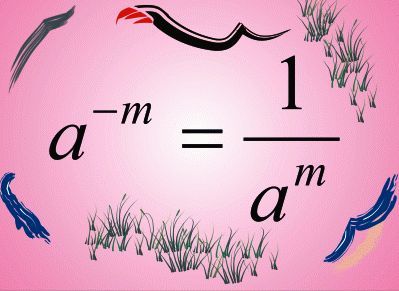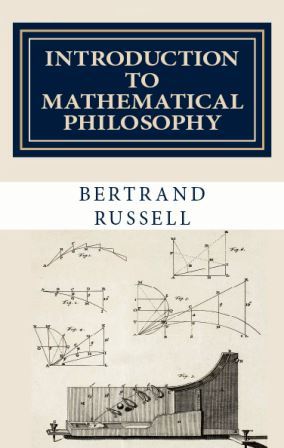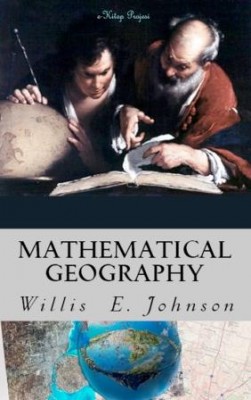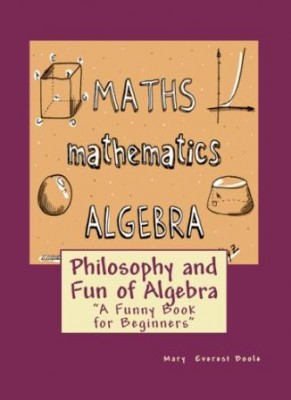More Search Results...

Philosophiae Naturalis Principia Mathematica: [Full and Annotated] (Latin Edition)
Philosophiæ Naturalis Principia Mathematica (Latin for Mathematical Principles of Natural Philosophy), often referred to as simply Principia, is a work in three books by Isaac Newton, in Latin, first published 5 July 1687. After annotating and correcting his personal copy of the first edition, Newton published two further editions, in 1713-1726
More info →Introduction to Mathematical Philosophy
This book is intended essentially as an "Introduction" and does not aim at giving an exhaustive discussion of the problems with which it deals. It seemed desirable to set forth certain results, hitherto only available to those who have mastered logical symbolism, in a form offering the minimum of difficulty to the beginner. The utmost endeavour has been made to avoid dogmatism on such questions as are still open to serious doubt, and this endeavour has to some extent dominated the choice of topics considered.
The beginnings of mathematical logic are less deffinitely known than its later portions, but are of at leastequal philosophical interest. Much of what is set forth in the following chapters is not properly to be called "philosophy" though the matters concerned were included in philosophy so long as no satisfactory science of them existed.
The nature of infinity and continuity, for example, belonged in former days to philosophy, but belongs now to mathematics. Mathematical philosophy, in the strict sense, cannot, perhaps, be held to include such definite scientific results as have been obtained in this region; the philosophy of mathematics will naturally be expected to deal with questions on the frontier of knowledge, as to which comparative certainty is not yet attained.
More info →Principia: “The Mathematical Principles of Natural Philosophy” [Full and Annotated]
Philosophiæ Naturalis Principia Mathematica (Latin for Mathematical Principles of Natural Philosophy), often referred to as simply Principia, is a work in three books by Isaac Newton, in Latin, first published 5 July 1687. After annotating and correcting his personal copy of the first edition, Newton published two further editions, in 1713-1726
More info →Mathematical Geography
In the greatly awakened interest in the common-school subjects during recent years, geography has received a large share. The establishment of chairs of geography in some of our greatest universities, the giving of college courses in physiography, meteorology, and commerce, and the general extension of geography courses in normal schools, academies, and high schools, may be cited as evidence of this growing appreciation of the importance of the subject.
While physiographic processes and resulting land forms occupy a large place in geographical control, the earth in its simple mathematical aspects should be better understood than it generally is, and mathematical geography deserves a larger place in the literature of the subject than the few pages generally given to it in our physical geographies and elementary astronomies.
More info →Philosophy and Fun of Algebra
My Dear Children,
A young monkey named Genius picked a green walnut, and bit, through a bitter rind, down into a hard shell. He then threw the walnut away, saying:
“How stupid people are! They told me walnuts are good to eat.” His grandmother, whose name was Wisdom, picked up the walnut—peeled off the rind with her fingers, cracked the shell, and shared the kernel with her grandson, saying: “Those get on best in life who do not trust to first impressions.” In some old books the story is told differently; the grandmother is called Mrs Cunning-Greed, and she eats all the kernel herself. Fables about the Cunning-Greed family are written to make children laugh. It is good for you to laugh; it makes you grow strong, and gives you the habit of understanding jokes and not being made miserable by them. But take care not to believe such fables; because, if you believe them, they give you bad dreams.
MARY EVEREST BOOLE.
More info →

























![Philosophiae Naturalis Principia Mathematica: [Full and Annotated] (Latin Edition)](https://www.cheapestboooks.com/wp-content/uploads/2020/04/PRINCIPIA-LATIN.jpg)










